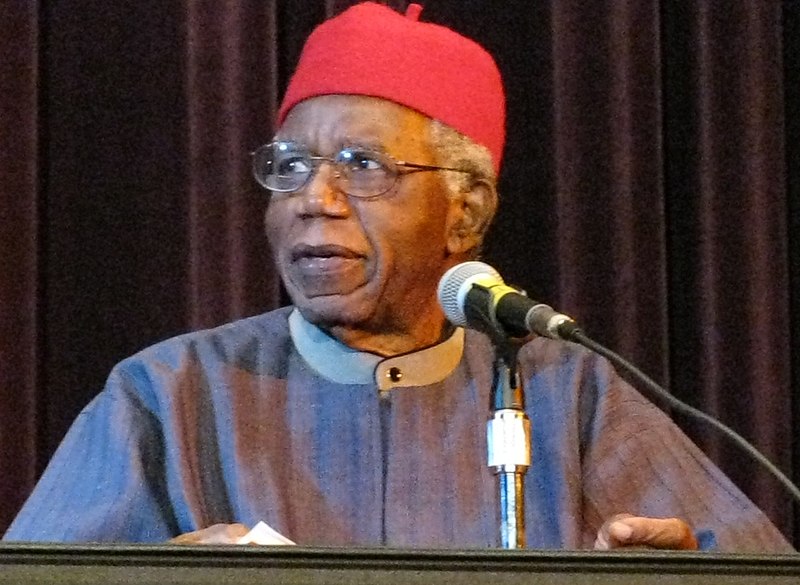When things just don't seem they still fit with the current norms, some things just naturally go after change.
{tocify} $title={Table of Contents}
In the daily reality of life, some people who experience it isolate themselves from others. Some do it for protection, while a few do it in purpose because they cannot keep up with others. But there are individuals too who changed for the better.
With that kind of change, it reminds me of one story that still catches my interest. It's the Things Fall Apart by Chinua Achebe. As someone who believes that stories shape our understanding of the world, reading this novel was not just academic. It was touching, one-of-a-kind, and insightful.
This story is considered a masterpiece that reveals the rich and complex African culture while exploring the challenges and victories of the Igbo community.The aforementioned novel is a profound glimpse into a society with archaic or old-fashioned practices influenced with new concepts added through cultural evolution.
Can external pressure be enough to cause collapse on what we hold dear?
Who Was Chinua Achebe?
Chinua Achebe was a Nigerian novelist, poet, professor, and critic best known for his first novel, "Things Fall Apart" (1958).
The book mentioned is considered to be the most precise narrative ever written about life in Nigeria. It has also been adapted for the stage, radio, and television.
An Analysis of Things Fall Apart
Things Fall Apart is a narrative that centers around the tragic fall of the protagonist, Okonkwo, and the eventual impact to the Igbo culture due to external influences.
The novel is set in the village of Umuofia in Eastern Nigeria. It explores themes such as family, religion, tradition, language, masculinity, fate, free will, and the influences of colonialism on indigenous cultures.
Okonkwo is a respected leader in the Igbo community. He is known for his hard work and determination, which helped him overcome the shameful legacy of his father, Unoka, who was a lazy man who was content to just play music and drink palm wine and who died with a huge debt. Hence, he got no titles and no respect from the tribe.
The arrival of Christian missionaries started a period of significant change that led to conflict and the eventual breakdown of what was previously practiced in Igbo society. Okonkwo can't do anything about this change because he can't deal well with such a change, which causes him to become depressed. Later, he hangs himself.
The novel uses various literary devices, including irony and foreshadowing, to effectively convey its themes and messages. The sentences were simply conveyed, but the emotions cut deep.
For instance, Okonkwo's eventual suicide is ironic, considering his previously stated belief that he could survive anything, highlighting his inability to cope with change and the resulting depression.
Okonkwo may not be your typical tragic hero as he is flawed, but you can’t help but understand his struggle. His fear of weakness, his inner conflicts, and everything combined in between are deeply human.
The Resemblance between Igbo Culture in Nigeria and Other African Cultures
The Igbo culture in Nigeria and some African cultures almost did the same thing, as they shared a willingness to adapt to the ever-changing modern world rather than dwelling on what was embedded in their cultures.
This is also evident in the Igbo culture depicted in the novel Things Fall Apart, where they embrace the changes happening in their culture and village.
For the other parts, they still preserve their cultural traditions as an important part of their identity and heritage. And we need to respect that as it is something deeply personal and cultural.
The Bottom Line
Things Fall Apart is a timeless story that explores the depth and richness of African culture and provides valuable insights to everyone, such as the inevitable nature of change.
Through this timeless story and the depiction of Igbo culture, Achebe successfully presents a story that is both authentic and profoundly moving, making it a must-read for anyone interested in understanding the complexities of African history and culture.
Change is indeed inevitable and what it brings after can affect identity and legacy.

